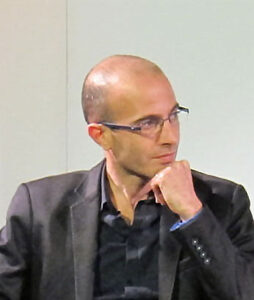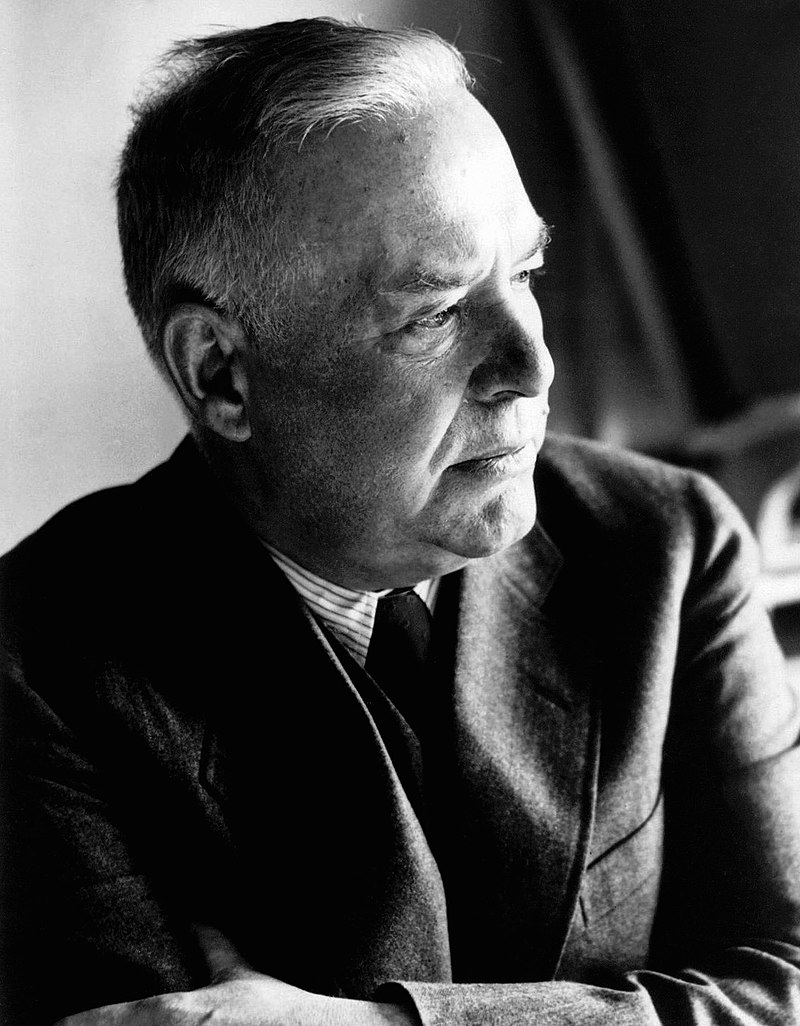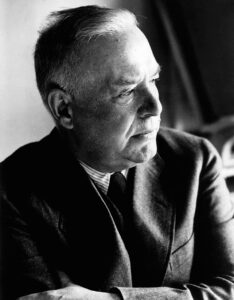It’s a tired topic by now that the humanities are dying. Some people say that this is because the humanities are an ossified way of looking at reality and at the human person; some say that the death of the humanities is concurrent with the death of humanity—as in, humane behavior and humane ways of thinking—and the fact that the conscious human perspective—how we experience the world “as humans”–is no longer given pride of place in how we know the universe. The human perspective has been replaced with the scientific perspective, the objective rather than the subjective perspective, and on and on. What do I mean by the human perspective? For instance, isn’t the scientific perspective a human perspective by definition, since only humans do science? Let me give a brief example: free will. Please note though that I use this example to make a single point. That’s it. I’m not trying to say anything larger with the example than to illustrate what the human perspective is—ok, now back to free will.
 In 2018, Yuval Harrari, a professor of History at Jerusalem University, said that free will was a myth, inherited from Christian theology. He clarified that he believed this because science had shown it to be true; that is, according to science, free will did not exist. There was no evidence for it. Now I don’t actually know whether this is the scientific perspective: that there is no free will. But we can set that aside for our purposes: what matters is that the way humans experience reality—the human perspective—is that we do have free will. In fact, if history, especially political history, is any guide, then it is necessary for human flourishing that we believe we have freedom of choice. Look at America; look at the body-politic since 2020. I’m sure we can all agree that it is very unhealthy when a large group of people believe they DON’T have freedom of choice, say, when it comes to who governs them. That someone was selected for them. It doesn’t even really matter whether they’re right or not. The point is: human beings need to experience the world, experience life, as if it is full of choices. They need to feel as if they are making those choices, freely, that they are masters of themselves, of what they do, what they believe, how they act out their beliefs. And there’s an end of it. The human perspective stops there. The human perspective,—that is, the way in which humans perceive on a day-to-day basis—says that there is free will, no matter what the neurons or brain chemicals are doing. Think about how different this is than the perspective of neuroscience. Neuroscience does not adopt a certain stance based on whether or not human experience seems to confirm it. Neuroscience adopts a stance based on whether it has been verified according to the sound methods of science. Now the humanities—the classics, literature, rhetoric, poetry, theatre, music, painting, history, philosophy— insofar as they are distinct from the human perspective, may not take a definitive position on the existence of free will or not, but they do always centralize the human perspective as vitally important for what matters. Indeed, that is a very convenient definition of the humanities, and the mark of their distinction: these are the fields of study which centralize the human perspective in their search for what is true (objectively, subjectively, or otherwise). To the extent that fields such as philosophy have chosen to de-centralize the human perspective in their search for truth and centralize another perspective such as the so-called scientific perspective, they have ceased to be one of the humanities and have turned into science-lite.
Whew. That was a very long introduction. Now I want to focus a little more specifically on poetry and how it is the archetypal humanity for the simple reason that poetry is the human perspective. Although I certainly am not sophisticated enough to say how poetry comes out, I know that poetry comes out because it comes from within. A poem is how one person thinks about the world, tries to understand it, tries to make it meaningful, and where exactly he tries to put himself into the world. It is the most human of all exercises: it tries to make the world have meaning and it tries to find a place for us within that order of meaning. Take a very famous poem, or a part of it: Thirteen Ways of Looking at a Blackbird by Wallace Stevens (lead photo). In the second of the thirteen parts, he says this, “I was of three minds,/Like a tree/In which there are three blackbirds.” Whatever the blackbirds represent, and there have been myriad guesses, they are important because the human mind is important and because the experience of being of different minds, not knowing how to proceed, is important. What obviously does not matter is whether being of three minds is actually like having three rooks roosting inside your skull. Moreover, a poem does not simply say that this experience matters, or that person is important; it says that how I think about this experience matters, or what I feel towards this person matters. In other words, in poetry, it is the “creative I” which has all the epistemological authority. By reading the poem, the reader can become one with the “creative I” and so also assume this authority. Take another famous example from poetry: Nothing Gold Can Stay. “Nature’s first green is gold,/Her hardest hue to hold./Her early leaf’s a flower;/But only so an hour./Then leaf subsides to leaf./So Eden sank to grief,/So dawn goes down to day./Nothing gold can stay.” The entire poem is an image of death. It is an image of a cycle which humans go through: creation to destruction. The poem matters because death matters and because the creation and destruction of beauty matters. But above all, the poem matters because in the mind of Robert Frost, death is the same as the destruction of beauty and we can know that by reading this simple, six-line poem. By identifying death with the destruction of beauty, he suggests that to create beauty is to work against death; since death is such a nihilistic experience, perhaps working against death simply means finding a way to go on after it. And that brings me to my second point about poetry; poetry beautifies the world and thereby makes it bearable. In fact, I would go a step further: for if beauty does set itself against death, then poetry conserves the world. To that purpose, we will look at one last poem, in its entirety. Dylan Thomas’ sublime poem about making meaning in a world where the reality of death is always there to kill meaning in its most nascent forms: Do not go gentle into that good night, Old age should burn and rave at close of day; Rage, rage against the dying of the light.
Though wise men at their end know dark is right, Because their words had forked no lightning they Do not go gentle into that good night.
Good men, the last wave by, crying how bright Their frail deeds might have danced in a green bay, Rage, rage against the dying of the light.
Wild men who caught and sang the sun in flight, And learn, too late, they grieved it on its way, Do not go gentle into that good night.
Grave men, near death, who see with blinding sight Blind eyes could blaze like meteors and be gay, Rage, rage against the dying of the light.
And you, my father, there on the sad height, Curse, bless, me now with your fierce tears, I pray. Do not go gentle into that good night. Rage, rage against the dying of the light.
The two most important phrases, “Rage, rage against the dying of the light” and “Do not go gentle into that good night”, both identify the poem’s main message: that meaning is made in the struggle against darkness or death. In other words, we must WILL to live, will to create beauty and see it everywhere, will to live despite the grand and grotesque mistakes we’ve made, will to live fully through the imagination if we can’t live fully through the senses.
We can therefore see how poetry not only centralizes the human perspective—it gives it sole epistemological authority. It is concerned with how the human being can organize the world around him, organize his experiences, using rhyme and meter and image and metaphor, into something both beautiful and meaningful. Through poetry, he can create something that might even be able to stand up to death and do what he cannot: live on.
|

